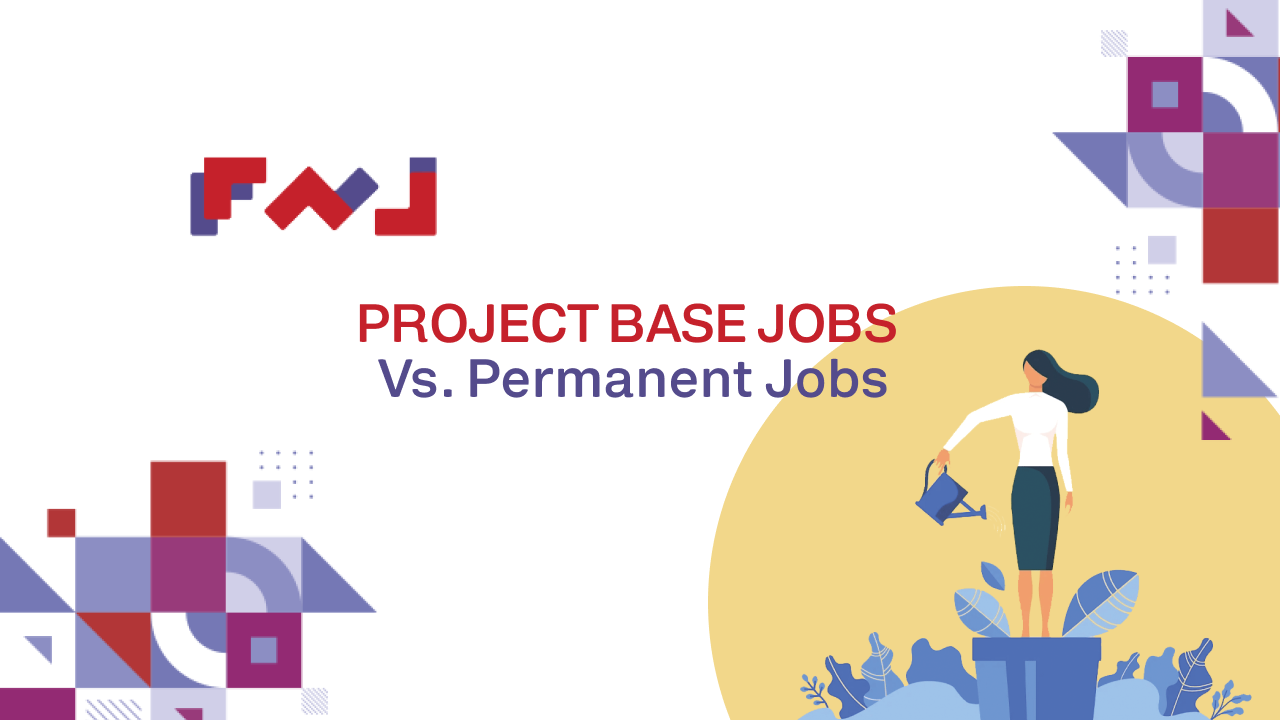Pros and cons of the project-based jobs
There are pros and cons to a project-based job as an IT developer. On the plus side, you can often choose your hours and work from home if you want to. You also have the opportunity to learn new technologies and work with various companies. On the downside, project-based jobs can be less stable than permanent jobs, and you may not have the same benefits.
What is your experience with project-based jobs?
I have had both positive and negative experiences with project-based jobs. Overall, I prefer the flexibility and freedom they offer, but there have been times when the work has been very inconsistent.
Pros and cons of the permanent jobs
IT developers have many advantages and disadvantages to both permanent and project-based jobs. Some pros of permanent jobs include stability, security, and benefits. Perks such as paid vacation days, health insurance, and retirement savings plans can significantly affect an employee’s quality of life. On the other hand, project-based jobs can offer more flexibility, variety, and opportunities for career advancement. Developers who thrive on change and enjoy working on various tasks may prefer this job. Another advantage of project-based work is that it often pays better than permanent positions. When choosing between the two types of jobs, you must consider your preferences and needs.
What should you choose?
The debate about whether developers should pursue project-based work or permanent jobs have been around for years. Here, we look at each option’s key considerations to help you make the best decision for your career.
Permanent jobs offer stability and security, which can appeal to many developers. The downside is that you may be stuck in a role that doesn’t suit your skills or interests long-term, or you may not have the opportunity to work on the cutting edge of technology as new projects are often assigned to more junior staff.
Project-based work can provide more flexibility and variety and the chance to work with cutting-edge technologies. However, it can also be less stable than a permanent job, and you may find yourself without work for periods between projects.
The key considerations when deciding between a permanent job and project-based work are:
- Stability vs. flexibility: How important are stability and security in your career? A permanent job offers more stability than project-based work, but you may have to sacrifice flexibility.
- Experience level: Are you an experienced developer looking for new challenges, or are you just starting your career? Project-based work may be more suitable for professional developers who want to stay up-to-date with new technologies. At the same time, permanent jobs may be better for those just starting who want to gain experience.
There is no one-size-fits-all answer to whether project-based or permanent jobs are better for IT developers. It depends on your skills, goals, and preferences. If you enjoy variety and thrive on change, a project-based job might be a good fit. On the other hand, if you prefer stability and predictable hours, then a permanent job might be a better option.
Ultimately, the best decision is the one that will help you achieve your career goals.




